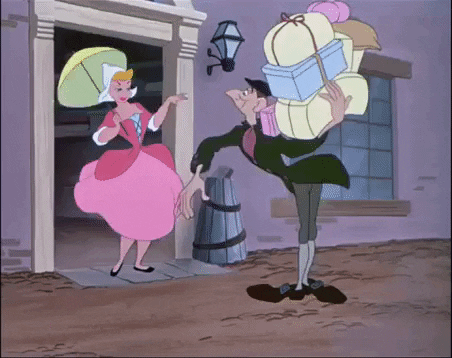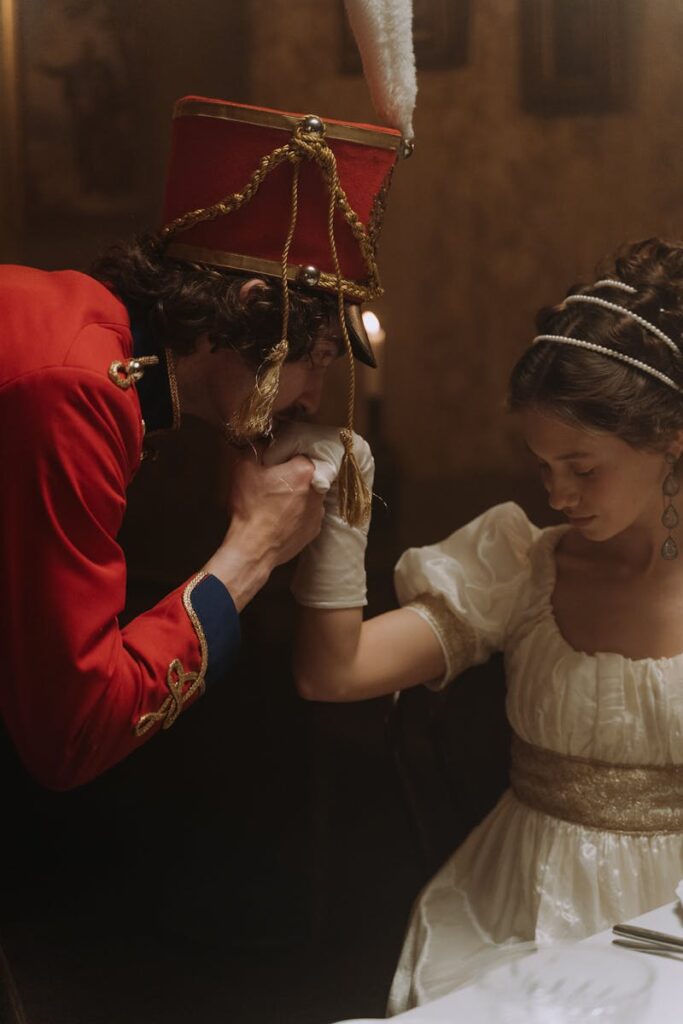In today’s rapidly evolving world, traditional gender roles are often questioned. However, for those who embrace traditional values, the principles of chivalry, leadership, and masculine responsibility remain as important as ever. But does modern dating culture still appreciate these time-honored gestures? The key consideration is whether women who expect traditional chivalry also uphold traditional values themselves.
Key Takeaways
- Defending the balance between traditional chivalry and shared values.
- Understanding why gentlemanly behavior remains relevant in relationships.
- Reviewing public sentiment on traditional acts like opening doors and paying for dates.
- Exploring insights from traditional relationship experts.
The Enduring Value of Chivalry
Historically, chivalry has symbolized respect, protection, and leadership. Though modern trends have reshaped gender roles, for men and women who embrace traditional values, chivalry remains a cornerstone of courtship.
Traditional Chivalry vs. Modern Expectations
Traditional chivalry meant that men led, protected, and provided, while women nurtured and supported. However, modern dating often expects men to uphold chivalry without women reciprocating traditional feminine values.
Men who embrace traditional chivalry should look for women who appreciate and complement that dynamic—ones who value femininity, respect masculinity, and contribute to the relationship in meaningful ways.

Should Men Still Open Doors?
Opening doors is more than a simple courtesy—it’s a symbol of respect and leadership. But for it to be meaningful, it should be appreciated by women who value traditional gender roles.
The Historical Context
In the past, opening doors was part of a broader system of etiquette that reinforced men as leaders and providers. This act was a sign of respect and protection, not condescension.
Why Traditional Men Still Open Doors
- It’s a small but powerful sign of leadership and care.
- It shows respect for a woman who embraces femininity.
- It reflects a belief in masculine strength and responsibility.
The Right Kind of Woman Will Appreciate It
- Feminine, traditional women will see it as a sign of care, not oppression.
- Women who value traditional masculinity will feel more secure and cherished by these gestures.
- A woman who dismisses chivalry but still expects preferential treatment may not align with true traditional values.

Paying for Dates: The Man’s Role as a Provider
The expectation that men should pay for dates is rooted in the natural masculine role of provider. However, this role should be reserved for women who embrace traditional femininity.
Why Men Should Pay for Dates
- It demonstrates leadership and investment in the relationship.
- It signals financial and emotional responsibility.
- It allows men to set the tone for courtship and romance.
The Feminine Counterpart
- A woman who expects a man to pay should also embrace feminine values.
- She should contribute in her own ways—through nurturing, support, and appreciation.
- Mutual respect matters—a woman who demands tradition only when convenient undermines the value of chivalry.
Comparison of Dating Expectations
| Traditional Approach | Modern Expectations |
|---|---|
| Men pay for the date | Bill splitting or alternating turns |
| Women express gratitude and contribute in other ways | Women expect equality but still want chivalry |
| Men lead the courtship | Women take an active role in pursuit |
The Role of Masculinity in Dating
A truly masculine man embraces his role as a leader, protector, and provider. However, he should also seek a woman who values and complements his masculinity.
Being a Gentleman Today
- Leadership, confidence, and protection define the modern gentleman.
- Actions like opening doors and paying for dates should be reserved for women who appreciate and reciprocate traditional values.
- A traditional man should not waste effort on women who reject femininity but still expect masculine chivalry.
The Importance of Respect and Reciprocity
Respect is a two-way street. A man who embraces his role deserves a woman who values her role.
Key principles for men:
- Invest in women who appreciate and reciprocate traditional masculinity.
- Seek a partner who values feminine grace, appreciation, and support.
- Avoid women who expect masculine effort without feminine reciprocity.

The Future of Traditional Relationships
The shift in gender norms has complicated dating dynamics. But for men and women who believe in traditional values, relationships can still thrive—as long as both partners embrace their respective roles.
How to Foster a Traditional Relationship
- Men lead, protect, and provide.
- Women nurture, support, and appreciate.
- Both partners should respect each other’s strengths and not expect selective tradition.
Why Traditional Values Still Work
- They create clear relationship roles, reducing confusion.
- They align with natural masculine and feminine instincts.
- They build lasting, fulfilling partnerships based on appreciation and balance.
Conclusion
The debate over chivalry, dating etiquette, and gender roles is ongoing, but the reality is simple: Traditional chivalry only works when both partners uphold traditional values.
For men, the key is to embrace leadership and masculinity while ensuring that the women they court respect and appreciate these qualities. Chivalry isn’t about blind generosity—it’s about investing in a relationship where both partners contribute in meaningful ways.
By focusing on women who embrace traditional femininity, men can ensure their efforts are valued and create relationships built on mutual respect, appreciation, and complementary roles. In the end, chivalry is alive and well—if both partners are playing the right roles.









